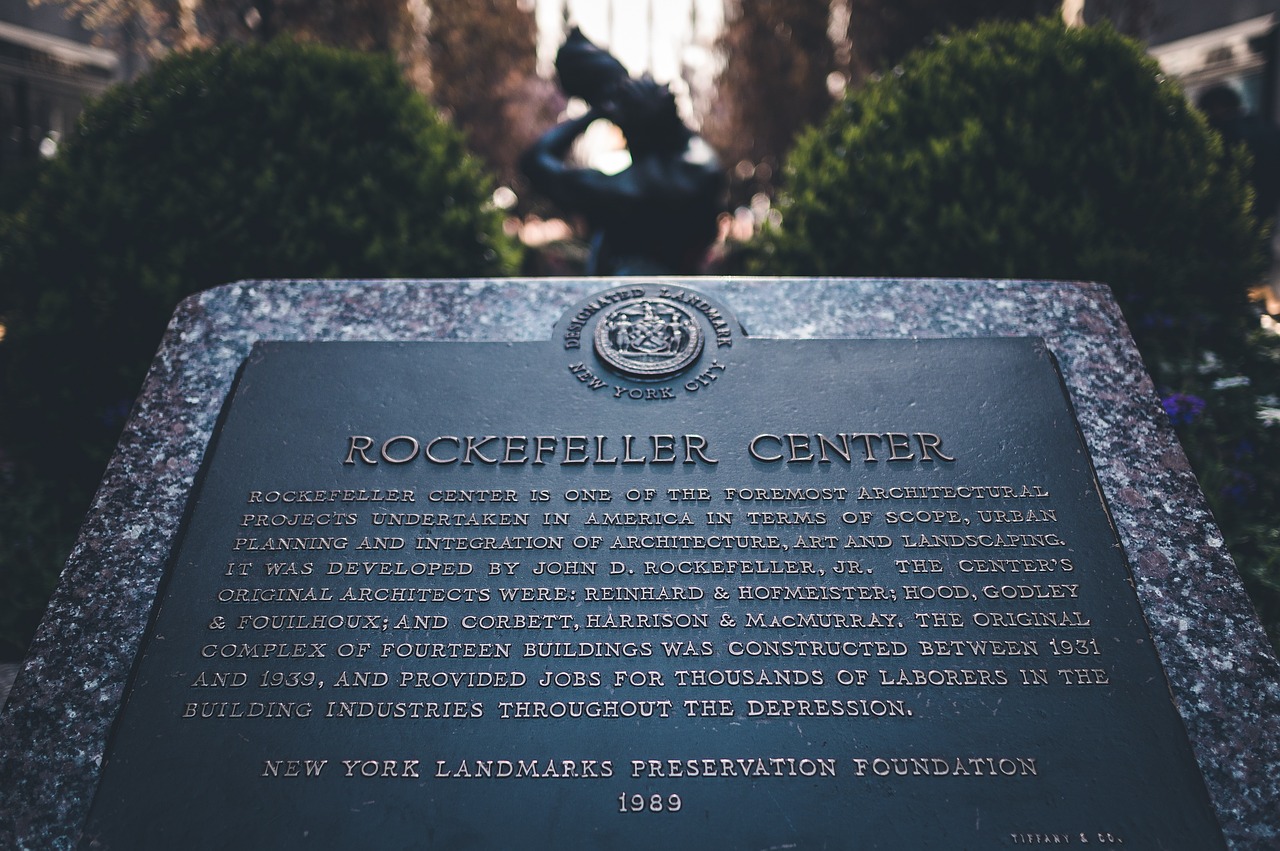The rise of Standard Oil was a defining moment in American industrial history. Founded by John D. Rockefeller in 1870, it changed the petroleum industry and reshaped the concept of corporate power in the U.S. By the end of the 19th century, Standard Oil had grown to control nearly all aspects of the oil industry. This essay examines how Standard Oil became such a powerful force, the strategies employed by Rockefeller to achieve dominance, and the effects of this rise on American business practices.
The Early Years of Standard Oil
John D. Rockefeller founded Standard Oil in Cleveland, Ohio, in 1870. At the time, the oil industry was fragmented and inefficient. Refineries were small, and crude oil was being processed using outdated methods. Rockefeller recognized this and saw an opportunity to streamline the process. He focused on improving refining methods, cutting costs, and increasing efficiency.
Rockefeller’s first steps included securing financial backing and purchasing small refineries. By introducing more advanced technology and innovative techniques, he quickly gained a competitive edge. These improvements allowed Standard Oil to produce refined oil more cheaply than its rivals, positioning the company for future success.
Expansion and Strategic Tactics
As Standard Oil grew, Rockefeller began employing two primary strategies: horizontal and vertical integration. Horizontal integration involved acquiring competing refineries to reduce competition. By 1880, Standard Oil controlled a large portion of the nation’s refining capacity. This gave the company immense influence over oil prices and industry standards.
Vertical integration was just as crucial. It involved controlling every aspect of production, from drilling to distribution. Rockefeller invested heavily in pipelines, tank cars, and storage facilities, ensuring that Standard Oil’s operations were streamlined and cost-effective. This also allowed the company to circumvent potential bottlenecks in the oil supply chain, further strengthening its market position.
Monopolistic Power
By the 1880s, Standard Oil had become a near-monopoly. It controlled nearly 90% of U.S. oil refining, effectively eliminating most competitors. With such dominance, Rockefeller could set prices and dictate terms. Smaller companies had little choice but to sell out or shut down.
Standard Oil’s size also provided advantages in transportation. Rockefeller formed agreements with railroad companies, securing favorable shipping rates for his products. These agreements were often based on rebates, which allowed Standard Oil to lower its transportation costs even further. Smaller competitors could not obtain such favorable terms, putting them at a distinct disadvantage.
Criticism and Ethical Concerns
As Standard Oil expanded, its business practices came under increasing scrutiny. Critics accused Rockefeller of using unfair tactics to eliminate competition and establish a monopoly. His reliance on railroad rebates, for example, was seen as a form of coercion. Smaller companies could not compete with the deals Rockefeller struck, leading to their eventual collapse or forced sale.
Many also questioned the fairness of Standard Oil’s dominance. With its control over the oil supply chain, the company could manipulate prices and market conditions. While consumers initially benefited from lower prices, critics argued that the long-term effects of monopolies could be harmful to the economy and to competition.
Despite the growing criticisms, Rockefeller defended his methods. He argued that his business strategies were necessary for improving efficiency and lowering prices for consumers. However, the public perception of him as a “robber baron” persisted.
The Role of Antitrust Laws
By the turn of the 20th century, Standard Oil’s monopoly had drawn the attention of the U.S. government. The rise of monopolies like Standard Oil led to increasing public demand for regulatory intervention. In 1890, the Sherman Antitrust Act was passed to combat anti-competitive practices, though it had little immediate effect.
In 1911, however, the Supreme Court ruled that Standard Oil violated the Sherman Antitrust Act. The Court’s decision resulted in the breakup of Standard Oil into 34 smaller companies. This landmark ruling ended Rockefeller’s dominance in the oil industry, though many of the resulting companies would continue to thrive. The breakup of Standard Oil marked a turning point in the regulation of monopolies and the rise of corporate oversight in America.
The Legacy
While the breakup of Standard Oil ended Rockefeller’s control over the oil industry, the companies that emerged from it continued to dominate. Brands such as Exxon, Mobil, and Chevron trace their roots back to Standard Oil. Despite its dissolution, the company’s influence on the industry remains significant to this day.
Rockefeller’s methods of business—emphasizing efficiency, integration, and consolidation—shaped the future of corporate America. His empire set a precedent for how large companies could dominate industries and influence economies. However, it also raised important questions about the balance between business success and ethical practices, leading to the eventual development of antitrust laws and corporate regulation.
Conclusion
The rise of Standard Oil is one of the most important stories in American business history. John D. Rockefeller’s ability to build a global empire from a small refining operation is a testament to his vision and drive. However, his monopolistic practices also sparked significant public and legal backlash. Today, the legacy of Standard Oil serves as both a warning about the dangers of unchecked corporate power and a reflection of how business practices and government regulation have evolved in response.
Check out our Facebook or X accounts.
For more topics check here.



